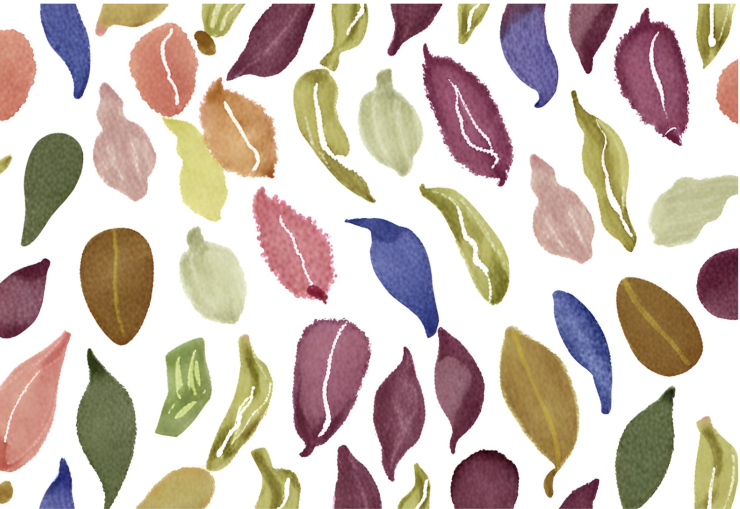
There’s something magical about a well-crafted short poem that can transport you instantly to a vibrant garden, awaken your senses, and stir your soul. As an avid flower gardener, I’ve always found that brief verses and mini poems about much grander poems can really be fun to create, write down, and tuck in your pocket (or your phone, I suppose) for later.
The fun of making these short gardening poems can really capture the essence of gardening – its joys, challenges, and profound moments – in ways that longer works sometimes cannot.
Our GreenPrints archive is a treasure trove of poetic gems, offering readers moments of garden-inspired reflection and delight. Below I’ve pulled some verses and made short poems that I can carry around with me and I’d like to share them with you!
One such verse that stands out is “The Rhodora” by Ralph Waldo Emerson. In just a few lines, Emerson marvels at the beauty of this wildflower:
“In May, when sea-winds pierced our solitudes,
I found the fresh Rhodora in the woods,
Spreading its leafless blooms in a damp nook,
To please the desert and the sluggish brook.”
This short verse might remind us of how we often give up so much of ourselves to please others.
A fun garden poem from the GreenPrints collection is “Thyme” by Elizabeth C. Burgess. This poem beautifully links the herb to human connection. Here’s a short garden poem to summarize it:
Warrior gone, Roman girl weeps
Neighbor’s cure: thyme tea steeps
“My man left too – let’s drink and grieve!”
In just three lines, there’s a scene that speaks to the comforting and nurturing aspects of gardening and herbal lore, but still catches the humor of the original poem.
Discover 7 top tips for growing, harvesting, and enjoying tomatoes from your home garden—when you access the FREE guide The Best Way to Grow Tomatoes, right now!
Short garden poems often excel at capturing fleeting moments or small details that might be overlooked in longer works.
“Tomatoes, peppers, squash –
A rainbow of hope nestled
In rich, dark earth.”
This brief verse paints a vivid picture of the anticipation and promise held in newly planted vegetable seeds. If you like that, you might enjoy a poem from Kat Everitt called “Full Flower Moon.”
As a flower enthusiast, I’m particularly drawn to poems that celebrate the beauty and resilience of blossoms.
“I know the crocus by its bold stripe,
The daffodil by its golden trumpet.”
This short garden poem was inspired by Elizabeth Barrette’s “I Know Each Day” offers a lovely poem about spring flowers. These lines remind me of the joy of recognizing the first spring blooms pushing through the soil after a long winter.
Short garden poems can also capture the bittersweet aspects of gardening and life. In “Pine Tree,” Sandra L. Green reflects on the growth of a tree planted long ago. This short garden was inspired by it:
“From tiny seedling to towering pine,
You’ve marked the seasons of my life.”
This concise verse speaks volumes about the passage of time and the deep connections we form with the plants we nurture.
What makes these short garden poems so powerful is their ability to distill complex emotions and experiences into just a few carefully chosen words. They invite us to pause, reflect, and see our gardens – and perhaps our lives – in new ways. You can write them on notes, carve them into stones, or share them on social media.
Short garden poems offer us moments of beauty, insight, and connection in just a handful of words. They remind us to slow down, observe closely, and appreciate the small wonders that surround us in our gardens. Whether you’re a seasoned gardener or simply someone who appreciates the natural world, these brief poetic encounters can enrich your experience and deepen your appreciation for the art of gardening.
So, the next time you’re in your garden, why not try your hand at composing a short poem of your own? You might be surprised at the seeds of inspiration you’ll find among the flowers and foliage. And if you enjoy poems about gardening, check out our Gardening Poems Collection!
Try to write a short gardening poem in the comments. You’ve seen a few of mine above; let’s see yours!




